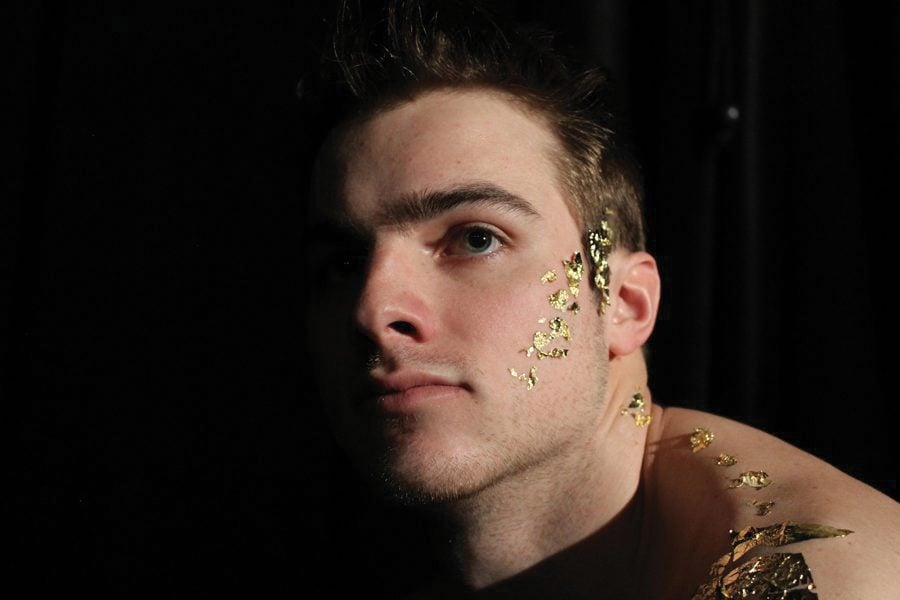“Burlesque” will undergo changes to better align with its mission to empower performers, producers say
“Burlesque” will undergo structural changes — covering both logistical and thematic aspects of the show — in anticipation of its 2020 show.
October 21, 2019
“Burlesque,” an annual feminist theatre performance produced by Lipstick Theatre, will undergo structural changes — both logistical and thematic — for its 2020 show.
Producers said the alterations are in response to student performers who said they did not feel like the show served as a safe space for all performers. Those performers felt they were sexualized and objectified and that the show deviated from its primary goal of promoting body positivity and self-empowerment.
“It seemed that ‘Burlesque’ had stepped away a little bit from its roots as a source of empowerment and an inherently activist project,” Zoe Johnson, a Weinberg senior and Lipstick Theatre artistic co-chair, said. “It’s really sexy and cool and it should be all of the things. But also, first and foremost, it should be a place of empowerment and healing.”
A workshop series for the Fall and Winter quarters was arranged to educate students on the show’s feminist message.
Show producer and Lipstick Theatre board member Simran Deokule said the workshops will help performers feel safe and allow viewers to focus beyond the sexual appeal of the show.
“‘Burlesque’ can be awkward, it can be satirical, it can be political, it can be so many different things that were being lost,” said Deokule, a Communication sophomore. “Those messages of empowerment and activism are being lost when we were only focusing on like ‘Burlesque’ being super sexy, and it took away from the point of ‘Burlesque,’ which is to empower the performer.”
The most recent workshop took place last Friday, and was led by Weinberg senior Maya Glenn. The session focused on the societal representation of black and non-normative bodies and how to reclaim their agency.
Deokule said it was also difficult for leadership to address student concerns because of various outside factors, but hoped the changes this year would lead to improvements.
One of those improvements is the location. “Burlesque” will now be performed in the Louis Room in Norris University Center instead of Lutkin Hall, a change which producer and Lipstick Theatre board member Jane Leff welcomed, as it would make lighting the stage much easier.
The Communication and McCormick sophomore also said there were changes being made to the way “Burlesque” was being marketed. The production team had deliberately selected all the imagery to be used for the current school year to ensure the message of female body empowerment, rather than sexualization, comes across.
“We had a lot of conversations over the summer about what kind of marketing we were going to use,” Leff said. “We sort of (want to) show that we’re still doing ‘Burlesque,’ but we’re changing what ‘Burlesque’ looks like to the outside.”
Leff said she hopes that through all the changes a community will form around “Burlesque” that allows everyone to feel “comfortable in their own skin.” She added that one of the first steps to reaching that goal would be to attend the workshops, which are open to all students.
Johnson and Deokule emphasized the workshops weren’t just for performers. They encouraged students, even ones who weren’t planning on performing, to go to at least one workshop.
“We always hear from people who are like ‘Oh I’m so interested in the things that ‘Burlesque’ represents but I don’t think I want to take my clothes off,’ which is super fair,” Johnson said. “We wanted to provide a way for people to get involved in the community and get involved in the learning that happens.”
Email: [email protected]
Twitter: @neyachalam


